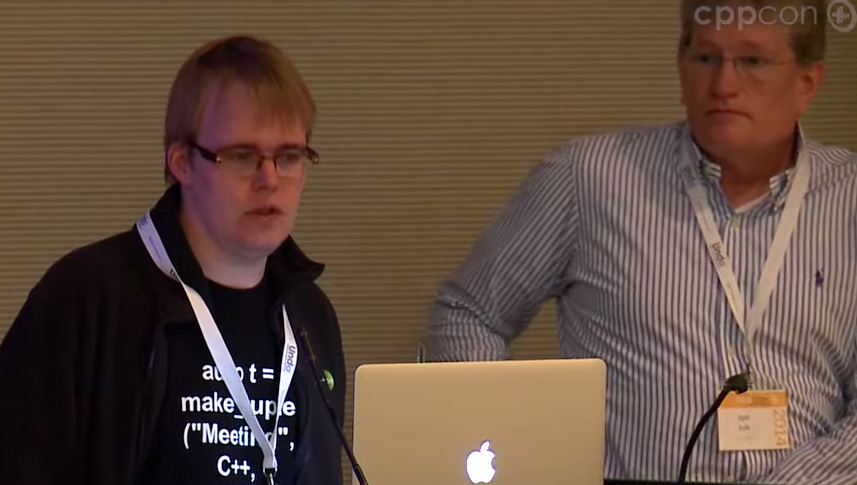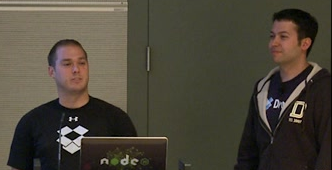CppCon 2014 Founding C++ User Groups--Jon Kalb & Jens Weller
 Have you registered for CppCon 2015 in September? Don’t delay – Early Bird registration is open now.
Have you registered for CppCon 2015 in September? Don’t delay – Early Bird registration is open now.
While we wait for this year’s event, we’re featuring videos of some of the 100+ talks from CppCon 2014 for you to enjoy. Here is today’s feature:
Founding C++ User Groups
by Jon Kalb & Jens Weller
Summary of the talk:
Jens and Jon will share their experiences starting and working with local user groups and C++ conferences. They share some history and pointers on what has worked for them.
If you'd like to start or be active in a local tech group this session will be a good place to start.

 Have you registered for CppCon 2015 in September? Don’t delay –
Have you registered for CppCon 2015 in September? Don’t delay –  Have you registered for CppCon 2015 in September? Don’t delay –
Have you registered for CppCon 2015 in September? Don’t delay –  Have you registered for CppCon 2015 in September? Don’t delay –
Have you registered for CppCon 2015 in September? Don’t delay –